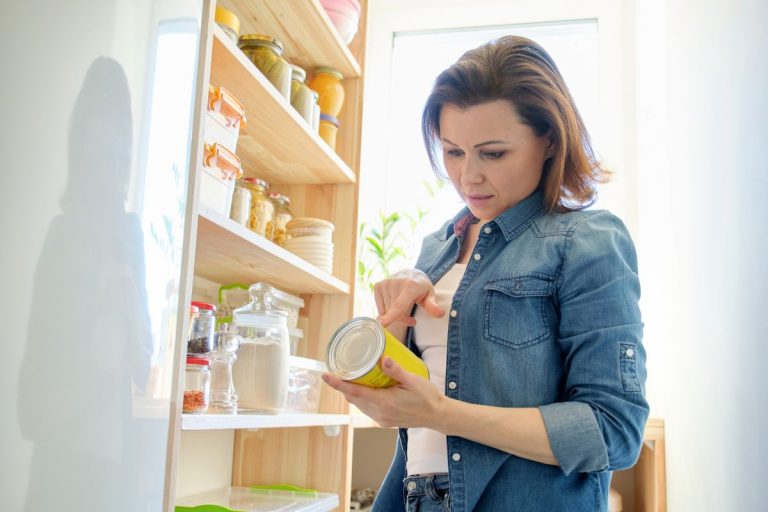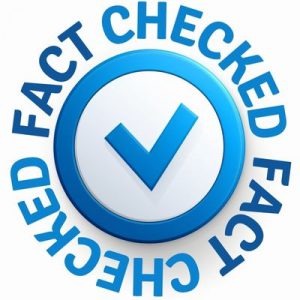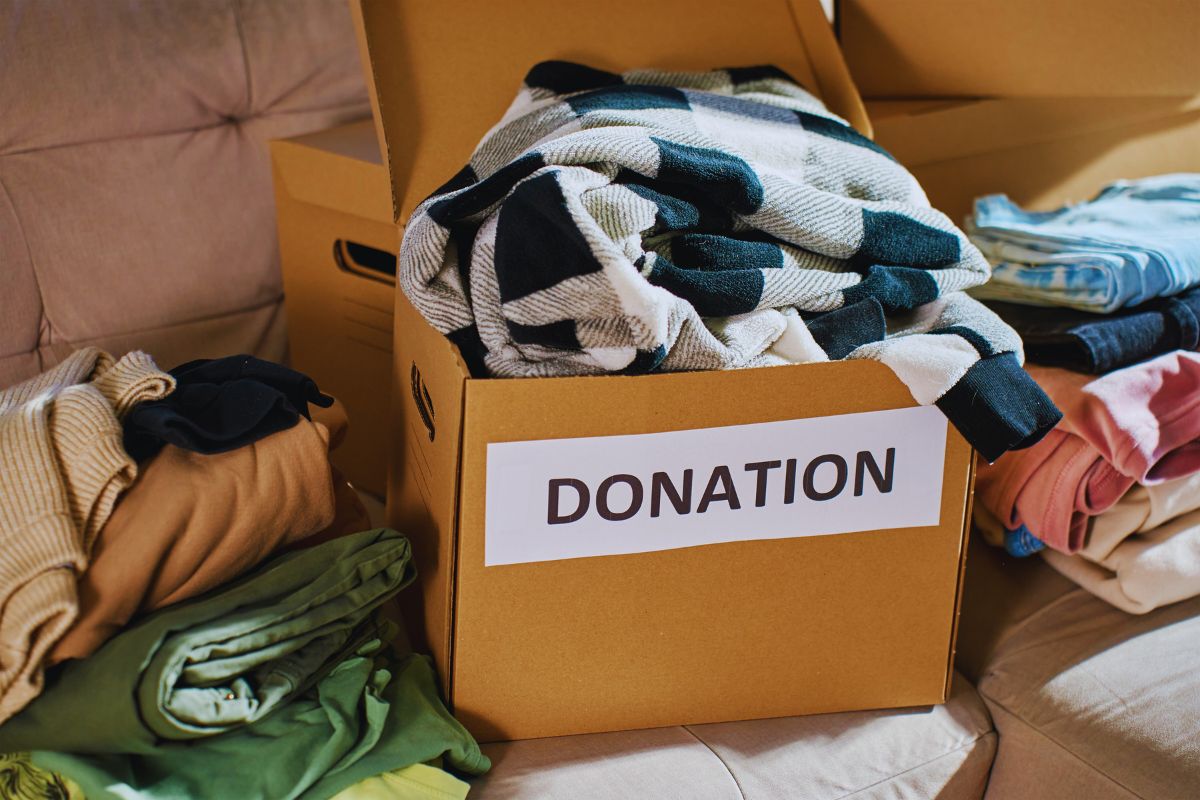Can You Donate Foods Past Their “Best Before” Date?

Published February 28, 2023
In a previous article, we talked about why donating expired foods is a bad idea. But what we didn’t talk about was that there are different types of food expiration dates.
If you take a quick peek at your pantry, you’ll notice that “expiration dates” are worded differently for different food products. Some bear the words “expiry” or “use by.” While others have “best before” and “sell by” dates instead.
However, not all of these dates indicate food spoilage date. Some are mere suggestions of when the food is best consumed.
So, can you donate foods past their “best before” date?
Yes, you can donate food items even after they’ve passed their best before date. If the label says “best before”, it doesn’t necessarily mean that the food will spoil on that date. It just means that the food is best consumed before that date.
What you cannot donate, however, are foods that are past their expiry date or are already spoiled, as they can cause health (and even legal) consequences.
To help you understand which “expired” foods can still be donated, you need to understand how food expiration dates work.
Understanding Food Expiration Dates
Not all foods have a fixed expiration date. Besides, there is no standard or uniform format for food product dating in the US. As such, food manufacturers use different phrases to convey the estimated date by which the food is still good for consumption.
Some of the most commonly used ones are:
1. Best Before
As mentioned, the “best before” date does not indicate when a food can be safely eaten. Instead, it shows when that food product is best consumed. It means that before that date, the food product will have the best texture, color, and flavor.
For instance, if the label says “Best Before: February 15, 2023”, it doesn’t necessarily mean you can’t eat it after that date. It just means that the food product may not look or taste as good.
This dating phrase is usually found on:
- spices
- canned goods
- cookies
- crackers
Most of these products can still be eaten even months after their best before date. However, if not properly stored or if the packaging has been damaged, it might not be ideal to eat it so long past its best before date.
2. Sell By
Sell-by dates are mostly for sellers rather than consumers. It tells them when to take the product off their shelf. This usually applies to dairy or fresh produce like eggs and salad mixes.
Most foods that are past their sell-by date are still safe for consumption. However, most of these food products have short shelf lives and need to be refrigerated. You should consider these factors if you’re thinking of donating them.
3. Freeze By
As the phrase suggests, a “Freeze By date” shows when the product should be frozen to maintain its highest quality. Obviously, this is applicable to frozen goods like sausages, hams, and the like.
As you know, frozen foods can last for years. So food products that are past their “freeze by” date are still safe to eat as long as they are kept frozen the entire time.
Donating them, however, is a different story. You need to remember that not all charitable organizations have enough resources to store those items. Plus, bringing them from your fridge to the donation site can present logistical challenges.
4. Quality Assurance Date
This phrase is similar to the “best before” date. It means the manufacturer can assure the food item’s quality until this date. After this, the food product may lose its flavor or texture. Though they may still be safe to eat.
Quality assurance dates are usually found on the labels of food items with a long shelf life, such as:
- cereal
- peanut butter
- mayonnaise
- ketchup
5. Expiry Date
The phrases “expires on,” “use by,” or “do not use after” indicate the food’s expiry date. Unlike the phrases listed above, these phrases do not denote a mere loss of quality. They are about safety. It means eating foods that are past these dates may lead to health issues.
Expiry dates are usually applicable for food items like:
- infant formula
- vitamins
- baking powder
- baking soda
- cake mix
- pectin
Using expired baking ingredients and pectin may not necessarily constitute a safety issue. However, your jams and cakes may not taste or look as you want them to.

How Long Can You Eat Foods Past Their Best Before Date?
It depends on the food item and how it was handled. Some types of food are still good to eat even months (or years) after their best before date, as long as they’re stored properly.
In general, here’s how long different types of food can last after their best before date:
- mayonnaise – 3 months if unopened in the pantry and 2 months when opened and refrigerated
- jams, jellies, and ketchup – 1 year if unopened in the pantry and 6 months when opened and refrigerated
- rice and dried pasta – 2 years when stored in a dry place away from direct sunlight
- milk – 3 months when frozen and 1 week when opened and refrigerated
- yogurt – 2 months when frozen and 2 weeks when opened and refrigerated
- crackers and pretzels – 3 months (unopened)
- bread – 5 to 7 days (unopened)
- potato chips – one month (unopened)
- popcorn – 1 to 2 years (unopened)
Remember, however, that there are lots of factors that can affect food quality. Even if a food item is not yet past its best before date, they may still not be suitable for consumption if the packaging has been damaged or it’s been improperly stored.
How Do You Know If a Food Item Is Still Safe to Eat?
Since different food items have different shelf lives, it can be hard to distinguish if they’re still safe to eat and can still be donated.
In these situations, your best bet is your senses. Use your eyes, nose, and mouth (if needed) to check for signs of food spoilage. Some of the most common ones are:
- molds
- strange smell
- change in color
- change in texture
- strange taste
- bubbles rising to the surface
- foam
If you’re not sure if a food is spoiled, always choose to err on the side of caution.
Best Foods to Donate to Charity
Most charitable organizations have certain guidelines when it comes to food donations. So even if your food donation is not yet past its best before date, there’s a chance it won’t be accepted.
To make sure your donation won’t go to waste, here are some of the foods you should donate to charity:
- canned soup
- canned fruit
- canned fish and meat
- canned vegetables
- crackers
- pasta
- pasta sauce
- rice
- peanut butter
- mayonnaise
- coffee
- sugar
- flour
- oil
- condiments
- infant formula
- spices and cooking essentials
Wrapping It Up
While understanding food expiration dates is important, ultimately, the best decision for you is to use your judgment and donate foods that you feel comfortable eating past their expiration date.
The most important thing is that you donate foods that are still safe to eat so that those in need can enjoy them without worry.
Have you donated any expired food items before? What tips would you add for others looking to do the same?
Donate To The Poor & Homeless Of South Florida
Our Father’s House Soup Kitchen has fed the poor and homeless in South Florida over 900,000 hot meals since 1993. Our tax deductible non profit organization also accepts and distributes donations such as clothing, toiletries, shoes, bicycles, and more. You can donate to help the poor and homeless through our website.

Reviewed For Factual Accuracy
Our team meticulously fact-checks all website content before publishing. Discover more about our website’s editorial standard here and the dedication we uphold.

About The Author
Judy Ponio is a professional writer and devoted Christian. She has a passion for writing about topics related to morality and helping the poor and homeless. She is the lead author for the Our Father’s House Soup Kitchen blog.
Correct Digital, Inc is paid by private donors to provide website digital marketing services to this non-profit organization.





